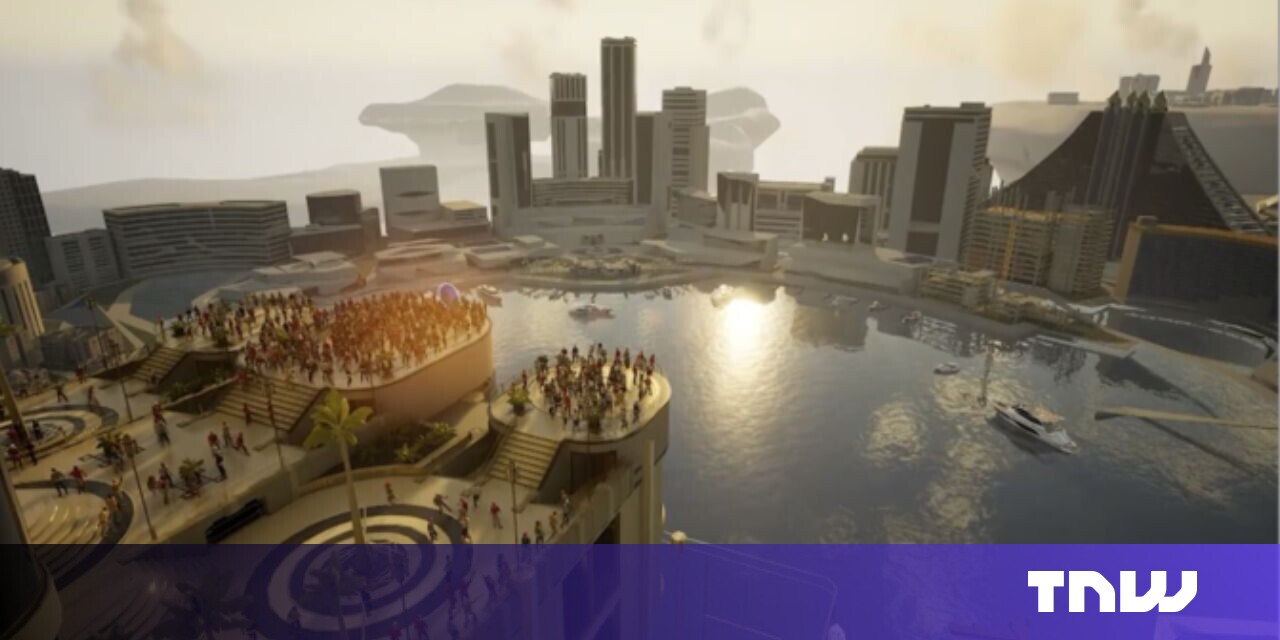The company spent a decade building immersive virtual worlds, from military simulations to K-pop parties, before pivoting to building metaverse infrastructure. While the unicorn’s focus (and fortunes) have fluctuated, Improbable’s faith in open spaces has persisted.
“We have seen how walled gardens and closed networks exploit the people that spend time on the services for the benefit of few,” Herman Narula, the company’s co-founder and CEO, said last year.
“We want to contribute to ensuring the metaverse holds its promise of being a network of meaning that unlocks creativity, social interaction, and economic opportunities, free from gatekeepers,” he said last month.
The intention seems to be creating the ability for a universal wallet and asset inventory for users to accompany them across the different platforms. It's something I'd like to have seen tying social networks, or even instant messenger networks, together as well. Technically, it is possible, but practically the people of each network, and their egos, get in the way. The closest I've seen to something like this succeeding was Pidgin messenger and also the Flock browser, where the user logged in to each separate service, and was presented with a unified interface. In other words, it gets done from the outside.
Still, it seems that they have produced a Metaverse Markup Language (MML) and also have some big players involved. So let's keep an eye on this.
See
A metaverse network plots an escape from Meta's 'walled gardens'#
technology #
interoperability #
metaverse #
virtualworlds 
Improbable has launched a "network of metaverses" that eyes connected virtual worlds outside Meta's 'walled gardens'